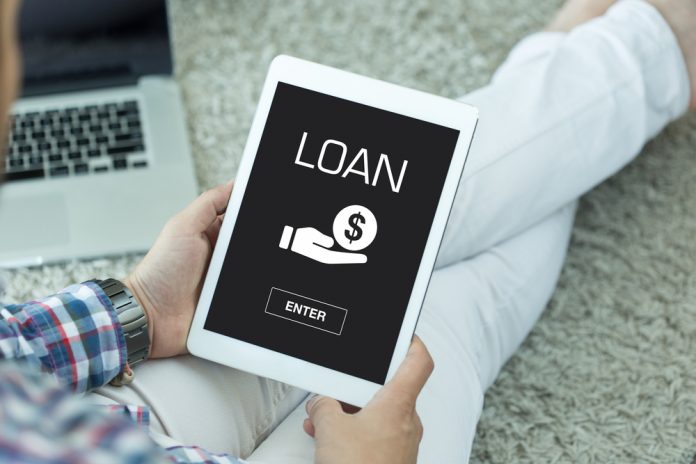The Small Business Administration (SBA) is a government agency set up to help small businesses get off the ground and make it through difficult times. The SBA provides a number of services, including counseling and setting up of contracts. One thing the SBA does not offer is a business loan. However, they do facilitate loans through banks and loan companies by acting as a guarantor, which ensures your business gets the best rates and regulations possible.
There are many different types of SBA loans, which cater to different business needs. These include general business loans, fixed asset loans, microloans, and disaster loans. Each loan comes with its own terms, but these terms are usually more favorable than terms you would find anywhere else.
Should you try applying for SBA loans? They are certainly an attractive proposition, but they do have their downsides. Here are the pros and cons.
Pro: Low interest rates
Since a federal government agency is guaranteeing the loan and the risk to the lender is therefore extremely low, lenders offer particularly low interest rates. You will not get better interest rates than you will with an SBA loan. Low interest rates ensure you are in a prime position to make your capital work for you, without having to worry about the debt growing out of hand.
Con: Smaller loans
That said, the SBA will not guarantee a high amount for some types of loans. Especially if you are running a nonprofit and are therefore applying for a microloan, you will be capped at a low number, even if you need more. In these cases, you may need to get an additional loan to cover the remainder of your needs.
Pro: Low down payments
Another great benefit of SBA loans is that they require very low down payments. In general, SBA loans will cost you a lot less than loans sourced without the SBA. These savings are really the main draw of SBA loans.
Con: Good credit required
Just because the SBA is guaranteeing your loan does not mean your credit score will be ignored. Yes, you will not have to have your credit history approved by the lender, but the SBA will expect you to have a relatively good credit score. Nonetheless, they are likely to cut you more slack than the lender would, depending on your circumstances and the realities of your business.
Pro: No collateral necessary
Since the SBA is acting as guarantor, you do not need to put any assets up as collateral, whether your own or your business’s. If you default on the loan, the SBA will pay a significant portion.
Con: Personal guarantee required
That said, the SBA will not necessarily guarantee the entire loan, and will require you to act as personal guarantee for the loan (as long as you own 20% or more of the business). A personal guarantee means that your personal assets may be seized if you default on the loan and your business assets do not cover the portion the SBA does not guarantee.
Pro: Good repayment terms
Yet another benefit of SBA loans is in terms of repayment itself. You will get more favorable repayment terms, which can be better negotiated. In other words, you will not have to go with the standard terms offered on other loans.
Con: Long approval process
One of the more frustrating aspects of SBA loans is that you do have to wait a bit longer than normal for your loan to be approved. A minority of small businesses get loans through the SBA, and you have to give good justification for them to approve of your application.
Should you get an SBA loan? If you can, then the answer is certainly yes. You will spend a lot less on the loan than you otherwise would. You will be far better placed to pay it back, and have less to lose if you default. There are obstacles to get over in order to get approved for the loan, but it is worth it in the long run.
Find a Home-Based Business to Start-Up >>> Hundreds of Business Listings.

















































